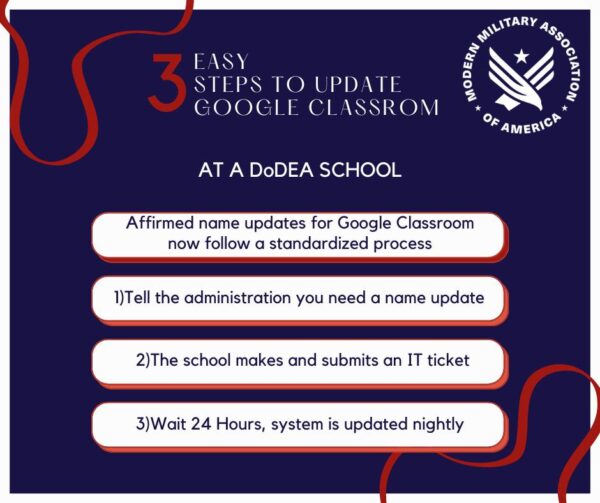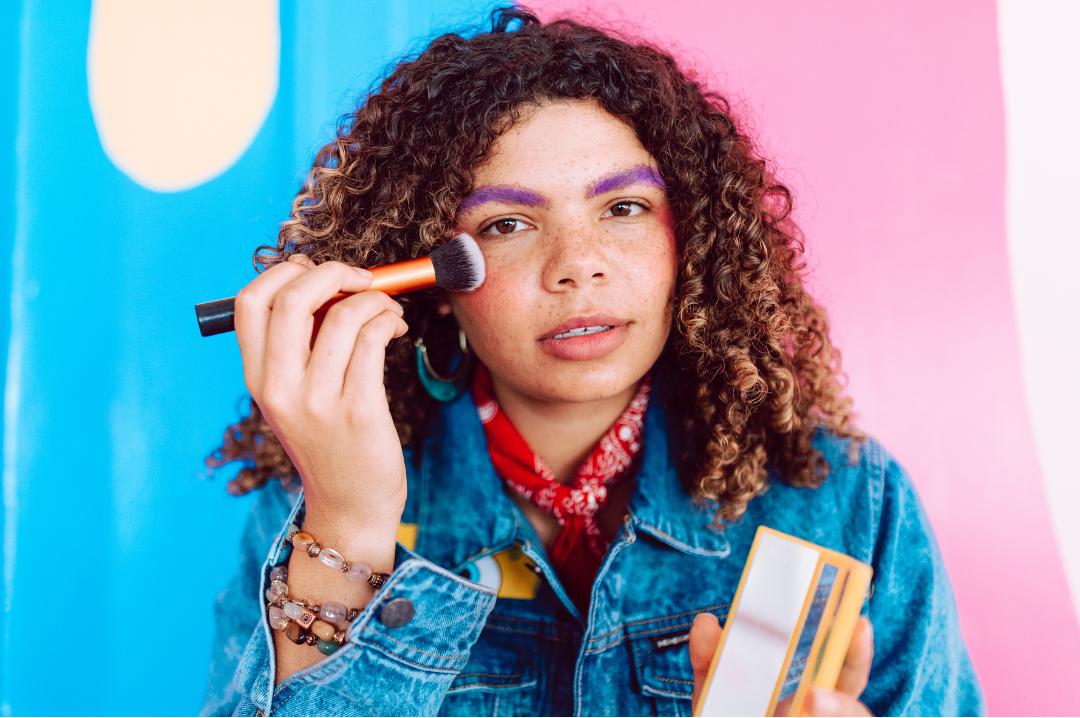It’s been a month since the tragic death of Nex Benedict, he/him/they, brought on by an attack in their high school’s bathroom. Nex’s death is the consequence of increased intolerance for LGBTQ+ people. Since 2015, Oklahoma has introduced 85+ anti-LGBTQ+ laws, seven of which were signed into law. Oklahoma joins Iowa, Missouri, Tennessee, and Texas in the top five states leading the way in anti-LGBTQ+ legislation. Bans on gender-affirming care for transgender youth, students being able to use names, pronouns, and the school restroom consistent with their gender identity have directly led to bullying and physical violence.
In May 2022, a year and a half before Nex’s death, a military family stationed in Oklahoma faced a dilemma. “Our family was stationed at Fort Sill from September 2020 until January 2023. When my son, who is transgender, first started going to school at the public school on post, he was able to use the bathroom that matched his gender identity and had his name and pronouns respected. He was thriving- both academically and socially. When Gov. Stitt and Ryan Walters banned transgender students from using the restroom that corresponded to their gender identity, he started struggling socially – afraid he would be outed. He started struggling academically and even started having accidents at school. Then Stitt banned healthcare and we knew we had to get our son out of there. We applied for a compassionate reassignment and despite our best efforts– we still ended up in another state passing the same laws. It has been so hard on my son.”
The growing threat of discrimination and violence accompanied by the elimination of rights and legal protections for LGBTQ+ people, particularly transgender and gender-expansive youth, underscores the urgent need for change. Over half of LGBTQ+ students like Nex report feeling unsafe in at least one school setting and one-third specifically felt unsafe in school restrooms. Two-thirds of these kids had been teased or bullied at school at least once in the prior year. LGBTQ+ kids who also have a parent in the military must deal with a level of ongoing change that contributes to struggles adapting to new schools, making new friends, and stress or anxiety if their parent is deployed. These families rarely have a say in where they are stationed.
While the military family in Oklahoma was able to request compassionate reassignment, their assignment manager told them that he would not take into consideration the state’s laws when reassigning them despite their compassionate reassignment. The family was offered orders to Texas, among other states with anti-LGBTQ+ laws. They decided to accept North Carolina as it was the least objectionable of the options available, though they knew it was a matter of time before anti-LGBTQ+ laws were passed in that state as well. Military families should not be forced to choose between their careers and their family’s safety. They should not have to dedicate their life to the service and security of a nation, only to be told that their family isn’t wanted in half of its states.

While some families may find safety with the federal protections offered by the Department of Defense Education Activity (DoDEA) schools, questions remain about protections for children at public and charter schools located on military installations. MMAA is at the forefront of discussions with the DoD regarding protections for LGBTQ+ military youth.
A recent victory that MMAA fought for was the standardization of updating affirmed names in DoDEA’s Google Classroom system as many trans and nonbinary youth have had to fight for these updates in their schools. Following a meeting with DoD officials, we were pleased to share three easy steps that students can take to have their name updated in the classroom within 24 hours. We are currently in communication with DoD officials to address reports of systemic LGBTQ+ discrimination at Ramstein Air Force base, including anti-LGBTQ+ bias at DoDEA schools and refusal to host LGBTQ+ friendly youth events from 2022 to present.
MMAA’s advocacy and support of military families with LGBTQ+ children is now more critical than ever. Our MilPride program provides virtual support groups, in-person activities, individual case management, and a private forum to connect about issues facing families with LGBTQ+ youth. If you are a military parent of an LGBTQ+ child, MilPride can be a resource and support network to help you navigate the unique challenges of military service facing modern military families.
- Report discrimination happening to you or your family at a military installation (including schools on base), by a military healthcare provider, or on federal property.
- Join our safe, virtual, moderated monthly meetings – PFLAG Connects: Military Community. Meetings are open to parents, family members, and members of the LGBTQ+ community who are also part of the military community. Each meeting is led by current or former service members or military spouses who guide participants in receiving and giving support as well as finding resources to help parents, their families, and their communities.
- Join Spaces for Belonging, in partnership with Blue Star Families, a monthly meetup-style program where military youth & teens (ages 13-19) in the District of Columbia, Maryland and Virginia area who identify as LGBTQIA+ can come together to build community, foster friendships, learn, play, bond, and find support with other military youth in the community.
- Contact us to receive specialized guidance if you are facing an issue you are struggling to resolve through traditional command structures or military systems.
- Stay connected through the MilPride resource network to access resource guides, tools to support your child, and advocacy toolkits to counter anti-LGBTQ+ legislation in your state.
- Encourage your healthcare provider, educators, and military leadership to participate in Rainbow Shield certification LGBTQ+ competency training.
You can support MMAA’s work to help secure safety and equality for LGBTQ+ military dependents who deserve equal access to bathrooms, sports teams, and healthcare as their peers by making a one-time or monthly donation.


